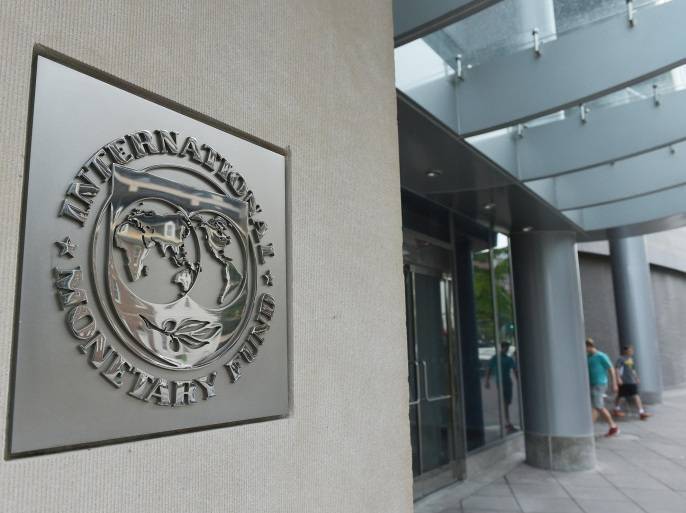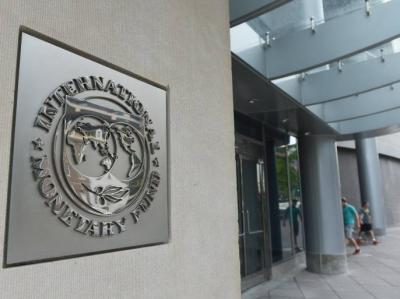David Malpass, President of the World Bank, announced that the World Bank will collaborate with the International Monetary Fund (IMF) to include a climate change clause in negotiations regarding debt relief for some poor countries.
Three countries—Ethiopia, Chad, and Zambia—have begun negotiations with creditors under a process supported by the G20, which may lead to debt reduction in some cases. According to Reuters, Malpass stated that it is possible for other countries to request debt restructuring, clarifying that the World Bank and the IMF are examining how to address two global issues: the necessity of reducing or restructuring the heavy debt burden faced by many poor countries and the need to reduce fossil fuel emissions contributing to climate change.
The COVID-19 pandemic had led to a decline in prospects for many countries that were already burdened with debt just before the outbreak, coinciding with decreased revenues and increased spending, as well as delayed vaccination rates compared to developed economies. During the early emergence of the pandemic, China, the United States, and other G20 countries offered the world's poorest nations a temporary relief in repaying debts owed to official creditors under the Debt Service Suspension Initiative.
By the end of last year, the IMF had urged G20 countries to provide concessional financing to poor economies and to offer debt relief along with some grants. In November, the G20 proposed a new framework designed to address unsustainable debt balances. The World Bank Group raised its climate-related financing goal to 35% of its total financing by 2025, up from the targeted 28% in the five years ending in 2020. Between 2016 and 2020, the World Bank Group and its affiliated institutions, including the International Finance Corporation and Multilateral Investment Guarantee Agency, provided over $83 billion in climate-related financing to developing countries.




